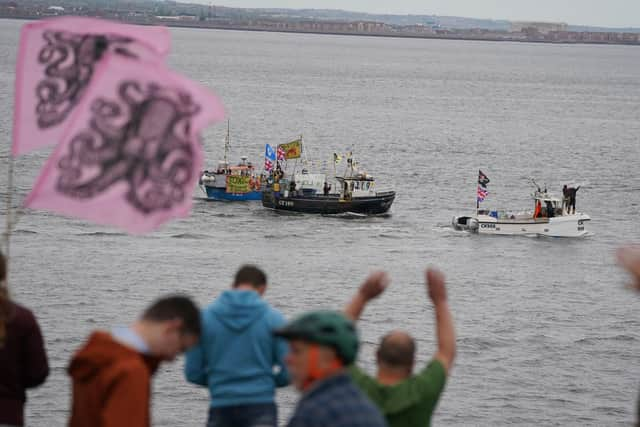New working group seeking 'conclusive answer' on Hartlepool sea life deaths mystery
and live on Freeview channel 276
Last year it was agreed an “informal working group” would be set up involving Hartlepool, Redcar and Cleveland, Middlesbrough and Stockton councils looking into the mass deaths of crabs and lobsters in the area.
Hartlepool’s Councillor Rachel Creevy, who has been appointed vice chair of the working group, said their first meeting involved setting the terms of reference and key aims.
Advertisement
Hide AdAdvertisement
Hide AdThese include considering evidence from different sources, understanding the impact on communities and considering any recommendations it wishes to make to authorities.


Cllr Creevy said: “It’s getting to the bottom of it really, to find out what’s happened and how we move on from it.
“I think it’s really important, it’s an environmental issue and it’s an economic issue affecting people’s livelihoods and fundamentally … we need a conclusive answer on what’s caused it.”
Speaking at the latest meeting of the council’s audit and governance committee, she said future meetings would be “publicly accessible”.
Advertisement
Hide AdAdvertisement
Hide AdCouncillor Rob Cook, chair of audit and governance and also a member of the working group, said he hopes at the end of the process they have “the right outcome for the town”.
A Government investigation previously concluded a harmful algal bloom was the most likely explanation for the mass deaths of crustaceans in October 2021.
Yet a subsequent study from academics claims the chemical pyridine, which could be released by dredging or storms, is the more likely cause.
Fishermen and women claim the problem is affecting their livelihoods.